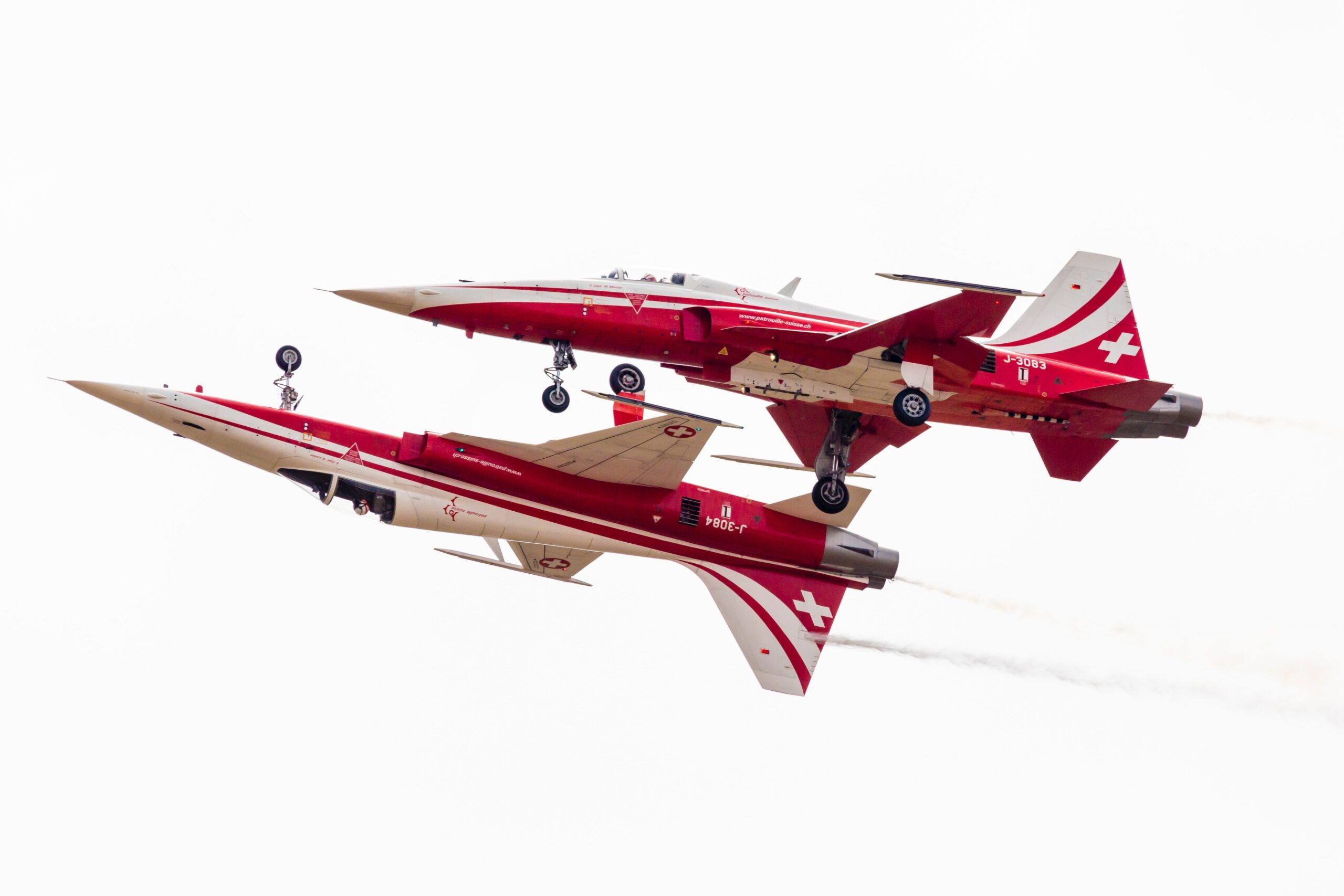Navigating the Sky-High Prospects of aerospace careers
The vastness of space and the complexity of flying machines have always fascinated humans. The aerospace industry, which encompasses both aeronautics and astronautics, offers a plethora of opportunities for those intrigued by the mechanics of flight and the exploration of the cosmos. This article is a comprehensive guide for anyone considering a professional path in the aerospace sector, illuminating the myriad of careers available, the skills required, and the future outlook of this dynamic field.
The Allure of Aerospace
Aerospace careers involve the design, production, and maintenance of aircraft, spacecraft, satellites, and missiles. This sector is defined by cutting-edge technology, constant innovation, and a relentless pursuit of safety and efficiency. For those passionate about engineering, physics, or computer science, aerospace presents a playground to channel their creativity and problem-solving skills into tangible, soaring results.
Educational Pathways to the Stars
A solid educational foundation is crucial for anyone aiming to enter the aerospace field. Prospective employees typically need at least a bachelor’s degree in aerospace engineering, mechanical engineering, electrical engineering, computer science, or a related field. Higher education institutions around the world offer specialized programs that combine theoretical knowledge with practical experience, often through internships or cooperative education programs.
Advanced degrees can be beneficial for those seeking leadership roles or positions in research and development. Ph.D. programs allow professionals to delve into specific areas of aerospace technology, leading to innovations that could redefine air and space travel.
Launching a Career: Entry-Level Opportunities
Entry-level positions in aerospace provide a chance to apply academic learnings to real-world challenges. Graduates may start as junior engineers, working under the supervision of experienced professionals on projects such as aircraft design, propulsion systems, or satellite communications. Other roles may include quality assurance analysts, flight test engineers, or software developers for aviation systems.
As with any career, networking and internships can significantly enhance employment prospects. Aerospace companies and organizations often offer internships that can lead to full-time positions. Moreover, attending industry conferences, joining professional organizations, and staying updated on the latest aerospace trends can increase visibility to potential employers.
Soaring to New Heights: Specialized Aerospace Positions
The aerospace industry is diverse, offering specialized careers that cater to a range of interests and skills:
–
Aeronautical Engineers
focus on aircraft within the Earth’s atmosphere, working on the design, testing, and production of planes, helicopters, and drones.
–
Astronautical Engineers
turn their gaze to the stars, developing spacecraft, rockets, and systems for exploring outer space.
–
Avionics Technicians
ensure that the electronic systems on aircraft and spacecraft function flawlessly.
–
Flight Test Engineers
meticulously evaluate new and modified aircraft, collecting data to verify safety and performance criteria.
–
Propulsion Engineers
specialize in the engines that power flight, whether it’s jet engines for airplanes or rocket engines for spacecraft.
–
Systems Engineers
oversee the integration of an aircraft or spacecraft’s complex systems, ensuring they operate together seamlessly.
–
Spacecraft Operators
control and monitor satellites and spacecraft, often working in mission control environments.
The Digital Horizon: IT and Cybersecurity in Aerospace
In a world where cyber threats loom large, the aerospace industry places a premium on IT and cybersecurity expertise. Professionals in this field work to protect sensitive data and systems that are critical to both national security and commercial aviation. The rise of autonomous and remotely piloted aircraft has further underscored the importance of cybersecurity, as these systems can be vulnerable to hacking and other digital threats.
Setting the Course: Aerospace Management and Strategy
Leadership roles in aerospace demand a blend of technical know-how and business acumen. Project managers, operations directors, and executives must not only understand the intricacies of aerospace technology but also how to navigate the complex commercial and regulatory landscapes. These positions often require advanced degrees in management or business, combined with substantial industry experience.
The Future of Aerospace: Innovation and Growth
As humanity’s aspirations in space continue to escalate and the demand for efficient, eco-friendly air travel grows, the aerospace industry is poised for significant expansion. Innovations like reusable rockets, hypersonic flight, and space tourism are reshaping the landscape of aerospace careers. This evolution ensures that the sector remains a fertile ground for ambitious professionals seeking to make their mark.
Moreover, the push for more sustainable aviation is driving research into alternative fuels and electric propulsion systems, opening up new avenues for environmental scientists and green technology specialists to contribute to the aerospace industry.
Why Aerospace Matters: The Global Impact
Aerospace careers are not just about building impressive machines; they have profound implications for society. The industry plays a pivotal role in global connectivity, defense, weather forecasting, telecommunications, and scientific research. By advancing technology that enables faster, safer, and more efficient travel and communication, aerospace professionals have a direct hand in shaping the future of our planet.
Embarking on Your Aerospace Journey
Starting a career in aerospace requires a blend of education, experience, and passion for innovation. Whether your interests lie in engineering, IT, management, or beyond, there is a place for you in the industry. As the sector continues to grow and evolve, it will need fresh talent ready to tackle the challenges of air and space travel.
Budding aerospace professionals should focus on building a strong educational foundation, seeking out internships and hands-on learning opportunities, and networking within the industry. By doing so, they position themselves to join the ranks of those who propel humanity to new heights—both within the Earth’s atmosphere and beyond.
Conclusion: The Sky Is Not the Limit
The aerospace industry offers a dynamic and rewarding career path for those drawn to the challenges of flight and space exploration. With a range of roles that cater to various skills and interests, the sector promises an exciting future filled with innovation and advancement. By pursuing aerospace careers, professionals not only contribute to an industry at the forefront of technology but also to the collective human endeavor of exploring and understanding our universe. Whether you’re an aspiring engineer, a cybersecurity expert, or a strategic leader, the aerospace field has a trajectory that can align with your aspirations and ignite a fulfilling professional journey.

